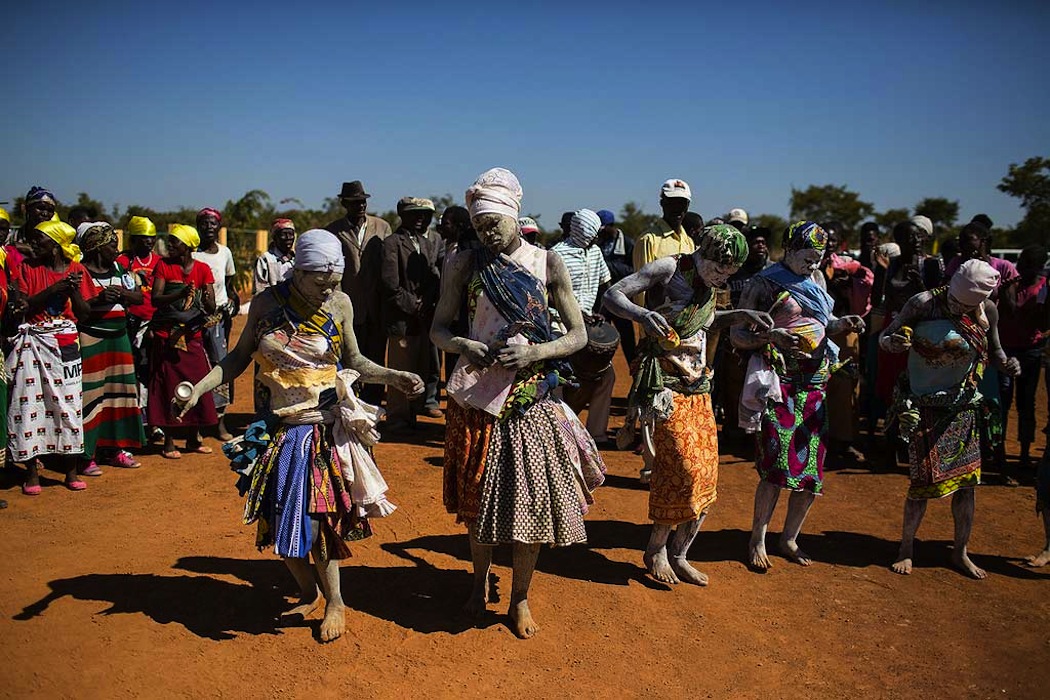Under coattails of World Environment Day, which is observed every year on June 5 to raise global awareness to take positive environmental action to protect nature and the planet Earth, the United Nations Environmental Program launched a new campaign to promote the safeguarding of species under threat- specifically in illegal trade.
The campaign seeks to reduce the demand for illegal wildlife products- stressing against the use of these products for fashion, greed, corruption, and medicinal beliefs, amongst others. Specifically, eight species are given special attention: sea turtles, pangolins, rosewoods, tigers, elephants, rhinos, orangutans, and helmeted hornbills.
According to UNEP statistics, in 2011, a subspecies of Javan rhino went extinct in Vietnam, while the western black rhinos disappeared from Cameroon, with great apes disappearing from Burkina Faso, Benin, Togo, and Gambia. These kinds of impacts from humans on their biodiversity could have grave effects.
“We have chosen this theme because damage from this trade has become so serious and so far reaching that urgent action is needed to reverse it,” UNEP Executive Director Achim Steiner said in a video message on the occasion of the Day, this year held in Angola. The UNEP director noted that Angola has made significant efforts in shutting down in ivory trade.
Some scholars have argued that ivory has gone on to fund terrorist activity, specifically in the horn of Africa and more so by the Lord’s Resistance Army led by Joseph Kony in the disputed territory of Sudan and South Sudan. The profit that comes from the selling of ivory products, predominantly to Chinese markets as ivory is a high commodity in Chinese products and fashion merchandise, often goes towards funding terrorist activities. However, the ivory trade is not only a source for poachers but also a source for economic reliance. It goes beyond terrorist activity, where the source of the issue lies in the consumers rather than the producers.
“Sudan is the recipient of substantial Chinese infrastructure investment, which typically comes with Chinese workers, a source of ivory smuggling in many parts of Africa. Ivory shops in Khartoum advertise in English and Chinese as well as Arabic,” stated Bryan Christy, a documentary filmmaker who made an investigative movie for the network station focusing on ivory trade and terrorism.
The campaign seeks to raise awareness of the implications that come with the trade of these animals and their use in products. Yet beyond the focus of the UNEP on illegal trade of animals lies another issue that has caused a severe impact on humans and the environment, and has possible given way to an increase in this trade. Severe droughts have crippled the infrastructure of developing economies.
Several nations who rely on their agricultural development for their economies are currently struggling. Livestock has diminished with humanitarian food aid having to be deployed to try to alleviate the situation. With the diminishing of livestock and of economic capacity in these nations, it is not uncommon for those to turn to the illegal trade of these rare animals to make ends meet.
As much as the awareness campaign can accomplish, it seems to be necessary for the governments to become involved. In China, where Ivory is a highly desired product, initiatives by the government in the trade of ivory should be more of a priority. The limitation placed on the incoming trade and educating the consumers should be an equally sought after goal, both from the producers of the product, which effects their environment, and the consumers.












